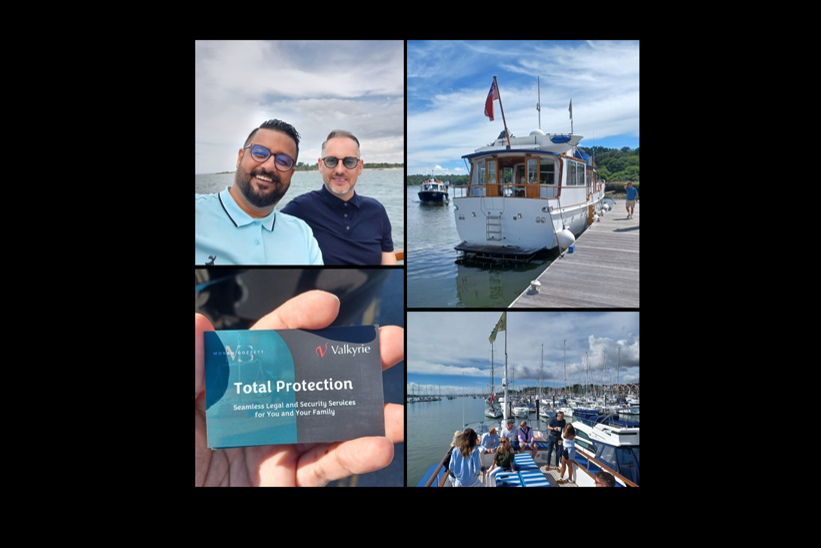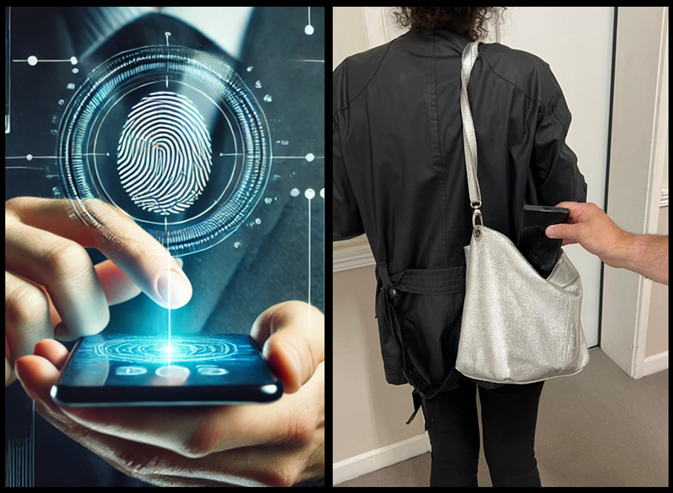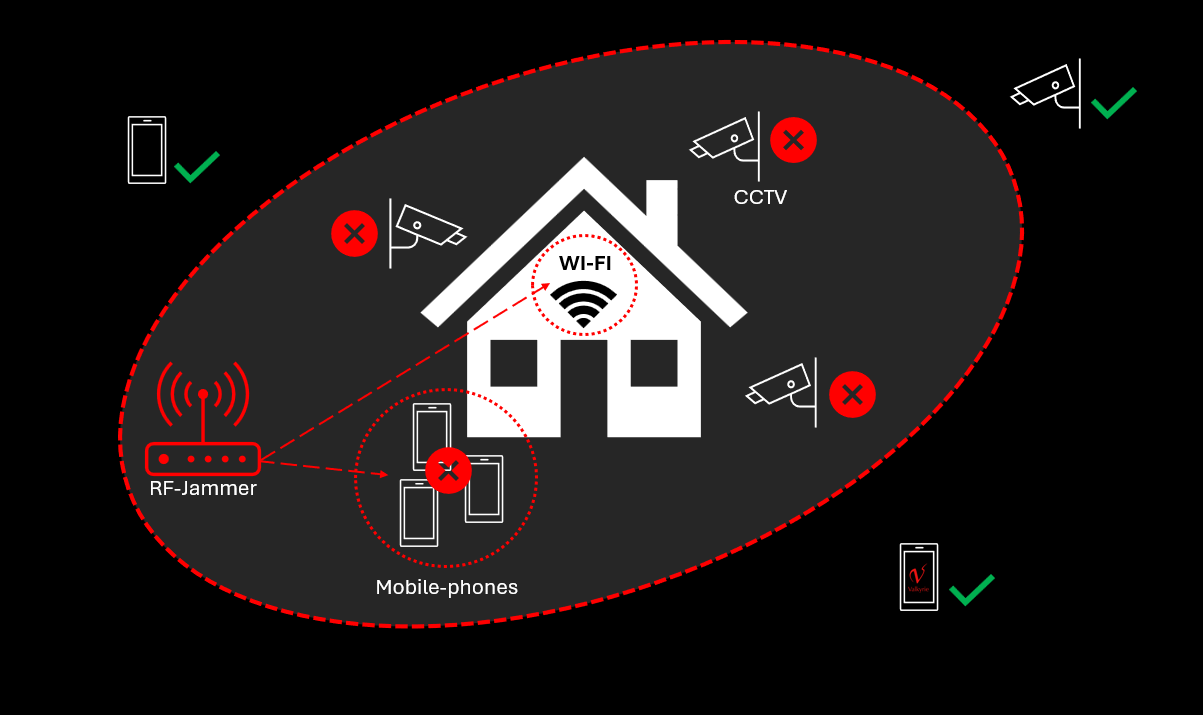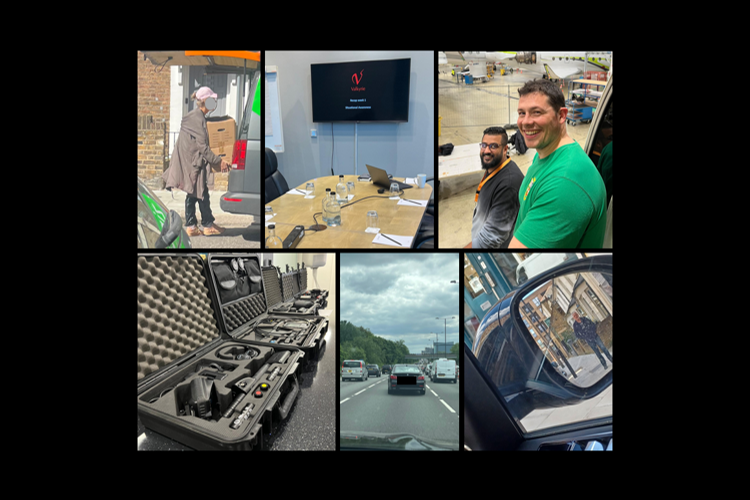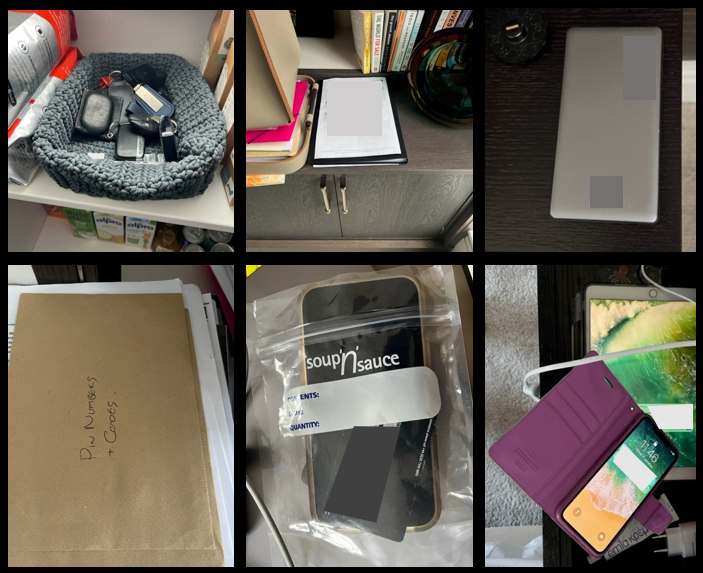 As mentioned in our previous two posts, we’ve been onsite for the past two days conducting various tasks. As a routine part of any audit/inspection we conduct be it technical, physical or cyber we always report to the client findings in regard to basic lapses in security that may appear to be not of huge concern especially in a busy household.
As mentioned in our previous two posts, we’ve been onsite for the past two days conducting various tasks. As a routine part of any audit/inspection we conduct be it technical, physical or cyber we always report to the client findings in regard to basic lapses in security that may appear to be not of huge concern especially in a busy household.
However, more often than not its these ‘small’ lapses in our personal security protocols that are the most vulnerable to exploitation and can easily be rectified by adhering to the basics of personal security. The accompanying image taken on a recent tasking provides a few examples of where we can all be guilty of not thinking about our security especially when we think were secure in our own home.
Although this premises had a reasonable outer layer of security (access control), once through further access to the property and rooms within was very relatively easy, we witnessed multiple short term staff, contractors and delivery people coming and going. It would not have been particularly difficult for someone with criminal intent to identify something of interest in the house and snatch it, whether it’s all the spare vehicle keys located conveniently by the side door left open for convenient access by the staff, a mobile phone with debit-card located on a desk by the main entrance to the property next to an envelope with all the required household ‘PIN numbers and property codes,’ a personal diary detailing multiple contacts and important meetings, multiple unencrypted hard-drives and important personal/business documents and files. All these items if stolen have the potential to cause the client serious problems and leave the family vulnerable. All could be avoided by following basic security procedures whether it be locking office doors, placing devices and documents in locked draws or safes (there were several in this property) before you vacate an office, room or the property – in essence get in the routine of conducting a clear-desk-policy (CDP) each time you vacate a room, office or the property and avoid allowing unescorted people access to the property. Ultimately, we all know what we should/shouldn’t do but do we actually do it!







